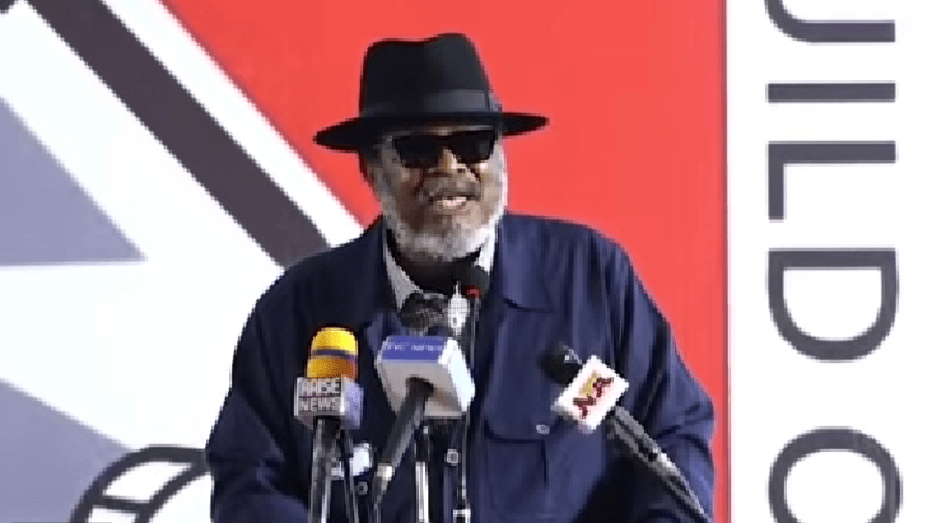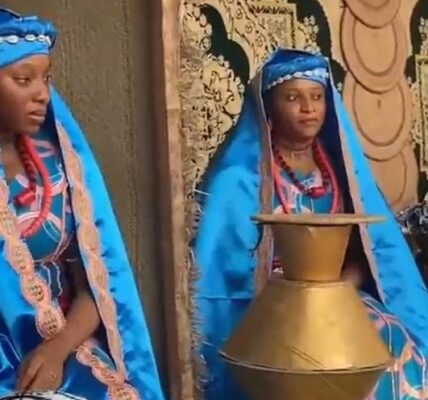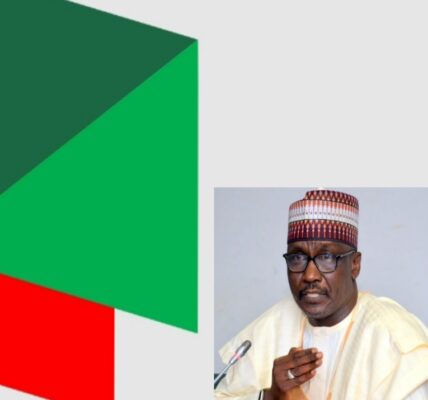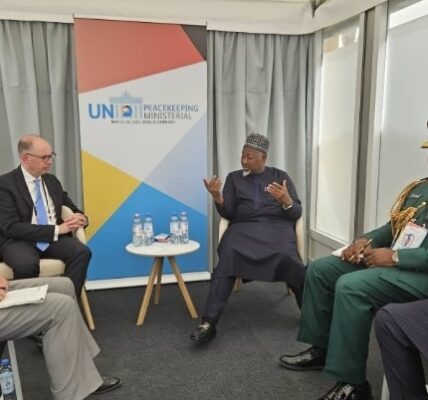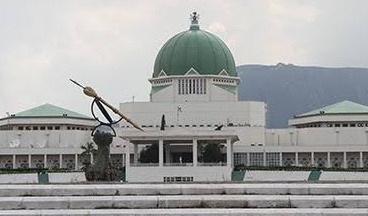This post has already been read 2167 times!
Nduka Obaigbena, founding Chairman and Editor-in-Chief of THISDAY Media Group and ARISE News Channel, on Thursday delivered a rousing address at the 21st All Nigeria Editors Conference in Abuja, calling on Nigerian editors to defend democracy, embrace artificial intelligence, and reclaim Africa’s place in global media distribution.
Addressing more than 500 editors, policymakers, and diplomats at the State House Conference Centre, Obaigbena unveiled plans to launch a new homegrown digital platform, Lekeelekee, in January 2026. The platform, he said, is designed to “dilute the chokehold of the United States and China” over the global flow of information and entertainment content.
“We must engage for the greater good of Nigeria,” Obaigbena declared, reflecting on the 30th anniversary of the execution of journalist Ken Saro-Wiwa under military rule. “Thirty years after, we sit in this same complex under a democratic government. That is why democracy matters.”
In a sweeping speech that wove together history, economics, and media innovation, Obaigbena linked Nigeria’s authoritarian past to its current democratic progress. He invoked the legacies of three historic media figures — Nnamdi Azikiwe, Obafemi Awolowo, and Bola Tinubu — to illustrate the transformative power of journalism in shaping national leadership.
Obaigbena commended President Tinubu, who hosted the conference and is himself a former media proprietor, for maintaining an open channel with the press. “We are at the crossroads of reforms that have been hard fought,” he said. “We must protect our economic stability with everything we have, because if we lose it, we lose the sacrifices of the last two years.”
He warned that external shocks — including sanctions or geopolitical disruptions — could “destabilise the economy” and undermine recent fiscal gains. Instead, he urged editors and national leaders to “build a coalition of the willing” to confront insecurity, poverty, and the rise of misinformation through cooperation and shared purpose.
Turning to technology, Obaigbena stressed that artificial intelligence is rapidly transforming the global media landscape. He cautioned that Africa risks becoming “a passive spectator” in a world where “one or two countries control global content distribution.”
“We are entering an AI-dominated information age,” he noted. “Google’s algorithms are changing, search models are shifting, and the monetisation of content is being rewritten. If we do not act, we will again be consumers, not creators, in the new media economy.”
He described Lekeelekee as a strategic intervention — a multimedia hub that would empower African creators, editors, and broadcasters to distribute and monetise their work independently of Western and Chinese digital gatekeepers. “We have a responsibility to build our own technology and algorithms,” he said, “to determine how our content is earned and shared.”
This year’s conference, themed “Democratic Governance and National Cohesion: The Role of Editors”, drew an impressive array of national leaders and media stakeholders.
President Bola Tinubu was joined by the governors of Plateau, Zamfara, Nasarawa, and Kano States, as well as ministers, diplomats, and media veterans including Chief Segun Osoba, Chief Onyema Ugochukwu, and Femi Adesina.

